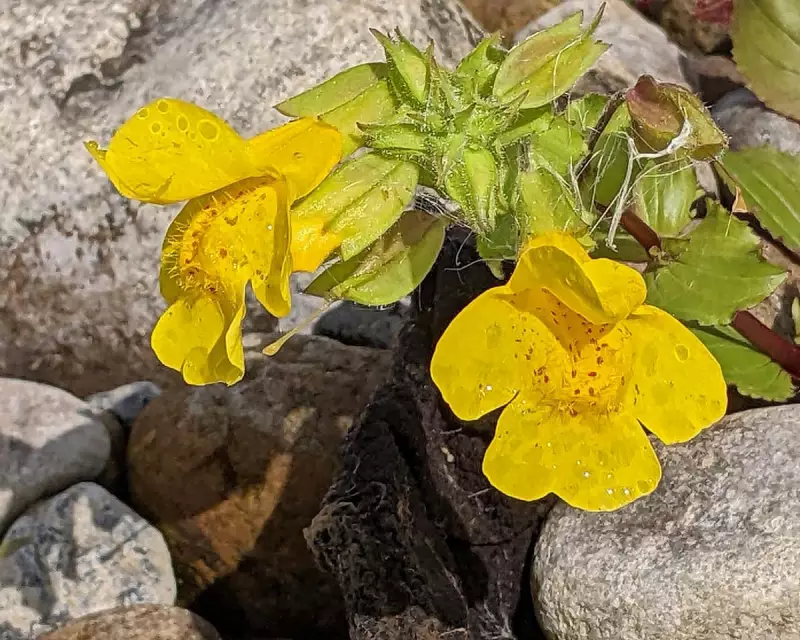
For fifty years, my life has been measured in the subtle shifts and dramatic transformations of the River Wye. What began as a personal ritual of observation has become a stark, invaluable record of ecological decline, a half-century chronicle etched into the very banks and flowing waters of this once-vibrant waterway.
The river of my memory is almost unrecognisable from the one I see today. It was a place of abundance, where the water ran clear over gravel beds and the air hummed with the industry of countless species. The soundtrack of summer was the relentless, percussive plink, plink, plink of hundreds of banded demoiselles, their iridescent wings catching the sun like scattered jewels.
A Symphony of Life, Now Silenced
This insect life was the foundation of a rich food web. Flocks of sand martins, their numbers too great to count, would swarm over the river, feasting on the bounty. The sight was a spectacle of natural harmony. Today, that symphony has been silenced. The demoiselles are a rare sight, their persistent clicking a ghostly echo of the past. The sand martins, with nothing to sustain them, have largely vanished.
The signs of change are everywhere for those who know how to look. The gravel spawning grounds, once meticulously cleaned by signal crayfish, are now clogged with a thick, suffocating layer of algal slime. This is the visible symptom of a poisoned system, fuelled by agricultural runoff and pollution.
From Clarity to a Murky Future
Perhaps the most heartbreaking change is the loss of the river's clarity. I recall with vivid clarity a moment from the past: watching a pike, every detail visible in the crystalline water, poised perfectly still in a dapple of sunlight. That level of transparency is now a distant memory. The Wye has grown perpetually murky, its secrets hidden beneath a veil of turbidity and algal blooms.
This is not a slow, natural evolution. It is a rapid unravelling. The intricate tapestry of life that once defined the River Wye is fraying at an alarming rate. The water vole, the otter, the myriad fish and insect species—all are casualties of this silent crisis.
A Personal Chronicle with a Global Message
My five decades of diary entries are more than just a personal memoir; they are a data set of despair, a local story with devastating global implications. They bear witness to the quiet catastrophe unfolding in the British countryside, a direct result of human action and inaction.
The River Wye's story is a powerful and urgent warning. It serves as a microcosm of the environmental challenges facing waterways across the UK and beyond. To stand on its banks today is to stand at the frontline of ecological loss, mourning a world that is slipping away before our very eyes.





